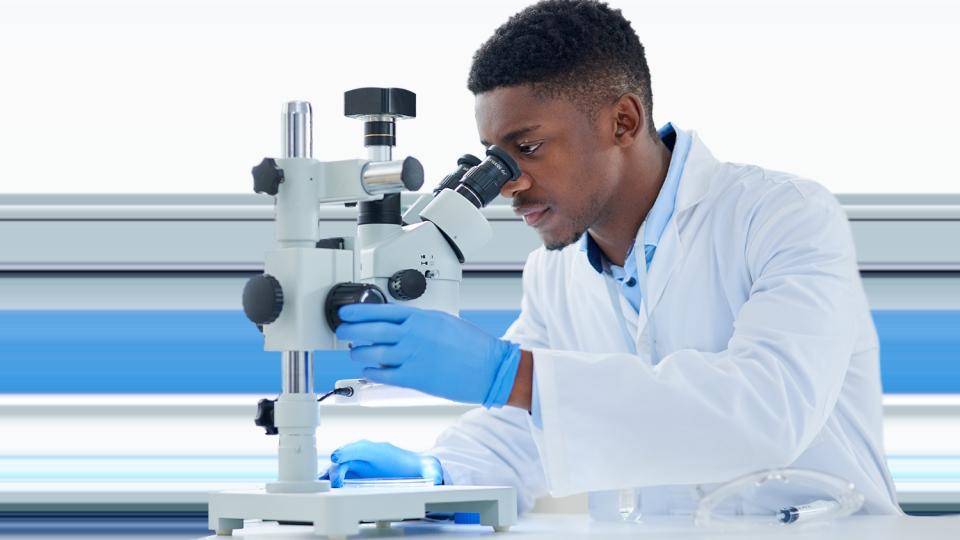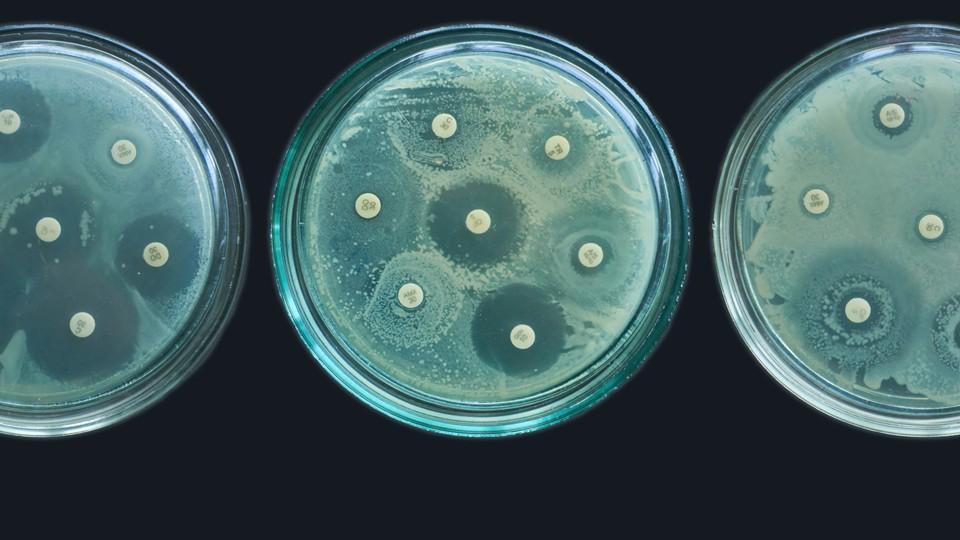£30m scheme to find new antimicrobials launches in UK

The UK has launched a programme to try to accelerate the discovery and development of new diagnostics and treatments for antimicrobial-resistant (AMR) infections, backed with £30 million ($36 million) in funding.
The Pathways to Antimicrobial Clinical Efficacy (PACE) initiative has been set up by Innovate UK, the Medicines Discovery Catapult (MDC) and medical research charity LifeArc kicks off with £10 million in funding available for groups developing new antimicrobial therapies.
According to the partners, it is the UK’s largest public-private initiative targeting early-stage antimicrobial drug and diagnostic discovery and will attempt to tackle the issue of AMR with a “pandemic-style focus”, providing collective support to the early translational science community.
The PACE cash will support up to 12 projects – with up to £1 million available per project – for “the most threatening microbes and resistance mechanisms,” according to the partners. Potential applicants for the funding can register their interest until 24th November, and more information will be made available in a webinar on 31st October.
Professor Dame Sally Davies, the UK Special Envoy on Antimicrobial Resistance, said that AMR “is one the most severe global health threats that we face globally,” already killing an estimated 1.27 million people every year.
Some estimates predict that the annual death toll from AMR infections could reach 10 million by 2050, and a world where even a minor injury or common infection could become life-threatening. Meanwhile, The World Bank has suggested that the direct healthcare cost of AMR alone is around $3.5 billion a year.
“I firmly believe that the development of new effective, affordable and equitably accessible antibiotics and rapid diagnostics is not just a medical necessity but a global imperative,” said Prof Dame Sally.
MDC chief executive Prof Chris Molloy said that PACE will “surround AMR innovators with the best advice and resources and support them in this vital battle” and will “build a new pipeline of precision therapeutics and rapid diagnostics that will save lives.”
A recent Biotechnology Innovation Organisation (BIO) report concluded that the current antibacterial pipeline is inadequate to meet the growing threat of antibiotic-resistant pathogens,
The situation has arisen after decades of under-investment in antimicrobial R&D by the biopharma industry, held back by the difficulty in getting a return on investment when new drugs are reserved as last-line treatment options. Half of the antibiotics prescribed today were discovered in the 1950s, with only one new class discovered since the 1980s.
The UK has become something of an international focal point in efforts to tackle the threat of AMR, with PACE announced just a few weeks after the government said it will provide £210 million in funding from its aid budget for a project that will track ‘superbugs’ in Africa and Asia.
It has also attempted to shift the economic model for antimicrobials in favour of investment by setting up a subscription-based system, where developers are paid a fixed annual fee, even if their medicines are not used.













